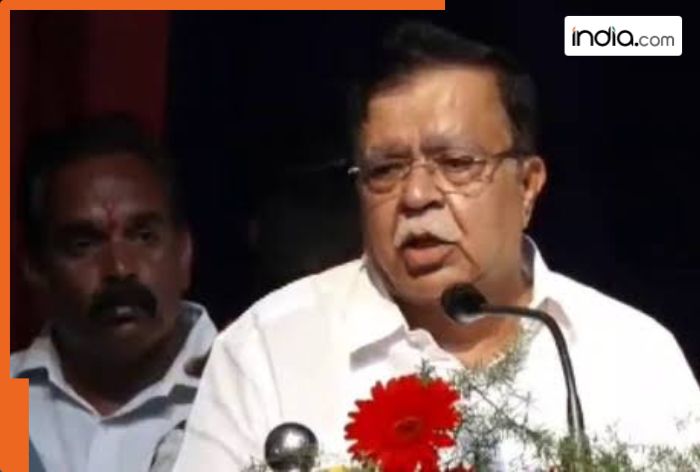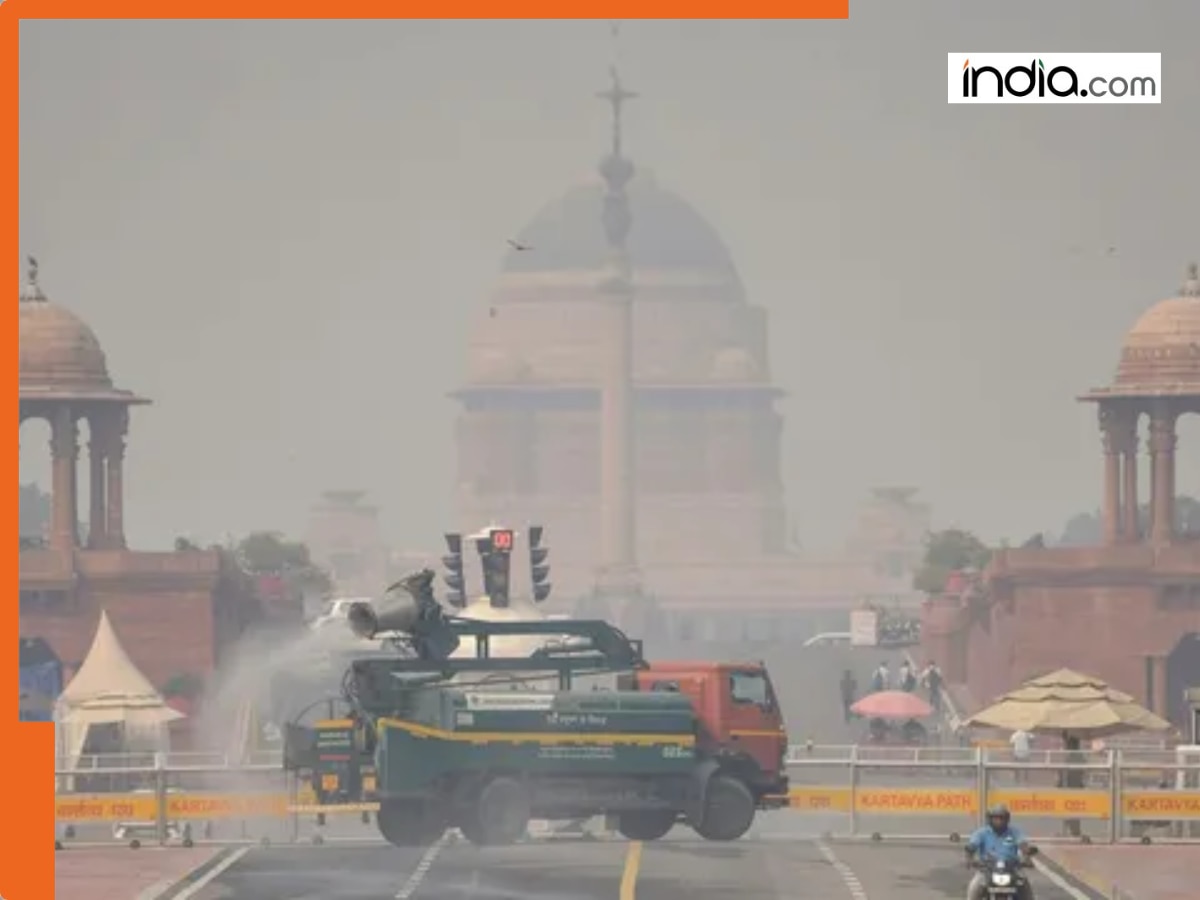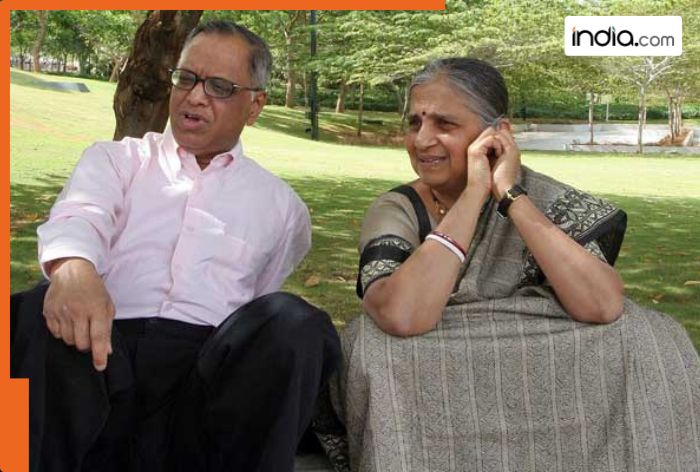The Sting of 48 CDs: Will Justice Rise or Fall?
Equally significant is the role of the Bar Council, the statutory body responsible for regulating the legal profession and maintaining its ethical standards.

In a startling revelation that has despatched shockwaves through Karnataka’s political and judicial circles, Cooperation Minister Okay.N. Rajanna currently claimed within the philosophize assembly that a honeytrap scandal has ensnared no longer no longer as a lot as 48 people, at the side of legislators, central leaders, and, most controversially, honorable judges. This commentary, made on the ground of the assembly—an area the place phrases lift important weight—has ignited a firestorm of debate, no longer staunch about the veracity of the claims, however about the response, or lack thereof, from key establishments fancy the judiciary and the Bar Council.
As the dirt settles on this explosive allegation, one expect looms super: why has there been no apparent switch by the Chief Justice to mark a suo motu case, and what feature should the Bar Council play in upholding the integrity of Karnataka’s courts?
Rajanna’s assertion, recorded within the legit complaints of the assembly, carries a gravity identical to a commentary made in a court docket of law. The assembly, as a democratic institution, is a platform the place elected representatives discuss on behalf of the general public, and their phrases are preserved as part of the general public document. When a minister alleges that judges—guardians of justice—may be implicated in a scandal as sordid as honeytrapping, it strikes on the coronary heart of public belief within the judiciary. The absence of a correct away suo motu motion by the Chief Justice, or a proactive stance from the Bar Council, raises issues about how such allegations are addressed once they possess the very establishments tasked with meting out justice.
The idea that of a suo motu case—the place a court docket takes up a subject on its possess accord—exists precisely for moments fancy this, when issues with public importance or institutional integrity are at stake. The judiciary has, within the previous, acted impulsively on matters that threaten its sanctity, whether through remarks made within the media or incidents that undermine its credibility. Rajanna’s commentary, delivered in a proper legislative environment, will not be any longer an informal accusation however a recorded voice that demands scrutiny. If appropriate, it suggests a systemic vulnerability that can compromise judicial independence. If faulty, it risks tarnishing the recognition of the judiciary and these named. Both device, silence or philosophize of being inactive risks eroding the faith that electorate space within the courts.
The Chief Justice, because the head of the Karnataka Excessive Courtroom, holds a diverse space to safeguard the judiciary’s honor. Initiating a suo motu investigation wouldn't imply guilt or prejudgment however would signal a dedication to transparency and accountability. It would offer a mechanism to look at the reality—whether judges are certainly difficult, and if that is so, who they are—while guaranteeing that the technique remains above political have an effect on. The shortcoming of this kind of step so far may be interpreted as caution, perchance to attach far from escalating a politically charged subject, or as a demonstration that the judiciary awaits a proper criticism. Yet, given the general public nature of Rajanna’s commentary and its implications, proactive motion may lend a hand as a highly effective deterrent against future attempts to malign or manipulate the judiciary.
Equally important is the feature of the Bar Council, the statutory body guilty for regulating the ethical occupation and affirming its ethical standards. If judges—broken-down attorneys themselves—are implicated, the Bar Council has a factual, if no longer formal, responsibility to weigh in. Its silence may be viewed as a overlooked opportunity to toughen the foundations of justice that the ethical community is sworn to uphold. The council may, shall we stutter, traipse an self sustaining inquiry or subject a commentary emphasizing the must protect the judiciary’s integrity. By doing so, it wouldn't best lend a hand the courts however also reassure the general public that the ethical fraternity stands united against any menace to its credibility.
The honeytrap controversy, nonetheless, will not be any longer staunch a judicial topic—it is a reflection of deeper societal and political currents. Rajanna’s voice of “48 CDs” suggests a sprawling network of entrapment, perchance orchestrated for political leverage or private fabricate. The inclusion of judges in this story raises chilling questions about the vulnerability of these in positions of strength. Are these allegations a symptom of a broader malaise, the place illicit ways are broken-down to undermine establishments? Or are they a calculated switch to deflect consideration from diverse issues? With out an intensive investigation, hypothesis will continue to fester, further adverse public self belief.
The path forward requires an best steadiness. The judiciary must act decisively, no longer out of defensiveness, however to verify its dedication to reality. A suo motu case may lend a hand as a truth-discovering mission, insulated from political pressures, to search out out whether Rajanna’s claims preserve water. Concurrently, the Bar Council may play a complementary feature by advocating for the judiciary’s independence and pressing for accountability, no topic who is difficult. Together, these establishments can ship a obvious message: justice will not be any longer a bargaining chip, nor a casualty of political gamesmanship.
Eventually, the Karnataka honeytrap controversy is a take a look at—no longer staunch of the people named, however of the systems designed to give protection to democracy and justice. Rajanna’s commentary, recorded and resonant, can no longer be skipped over. It demands a response that rises above partisan divides and ethical technicalities, one who prioritizes the sanctity of the courts and the belief of the people. The Chief Justice and the Bar Council possess a possibility to lead by instance, guaranteeing that the reality emerges and justice prevails. In a philosophize known for its progressive legacy, one thing less could be a disservice to Karnataka’s electorate.
(The author Girish Linganna of this article is an award-a hit Science Author and a Defence, Aerospace & Political Analyst based in Bengaluru. He's also Director of ADD Engineering Ingredients, India, Pvt. Ltd, a subsidiary of ADD Engineering GmbH, Germany. It's seemingly you'll reach him at: [email protected])
What's Your Reaction?




















































